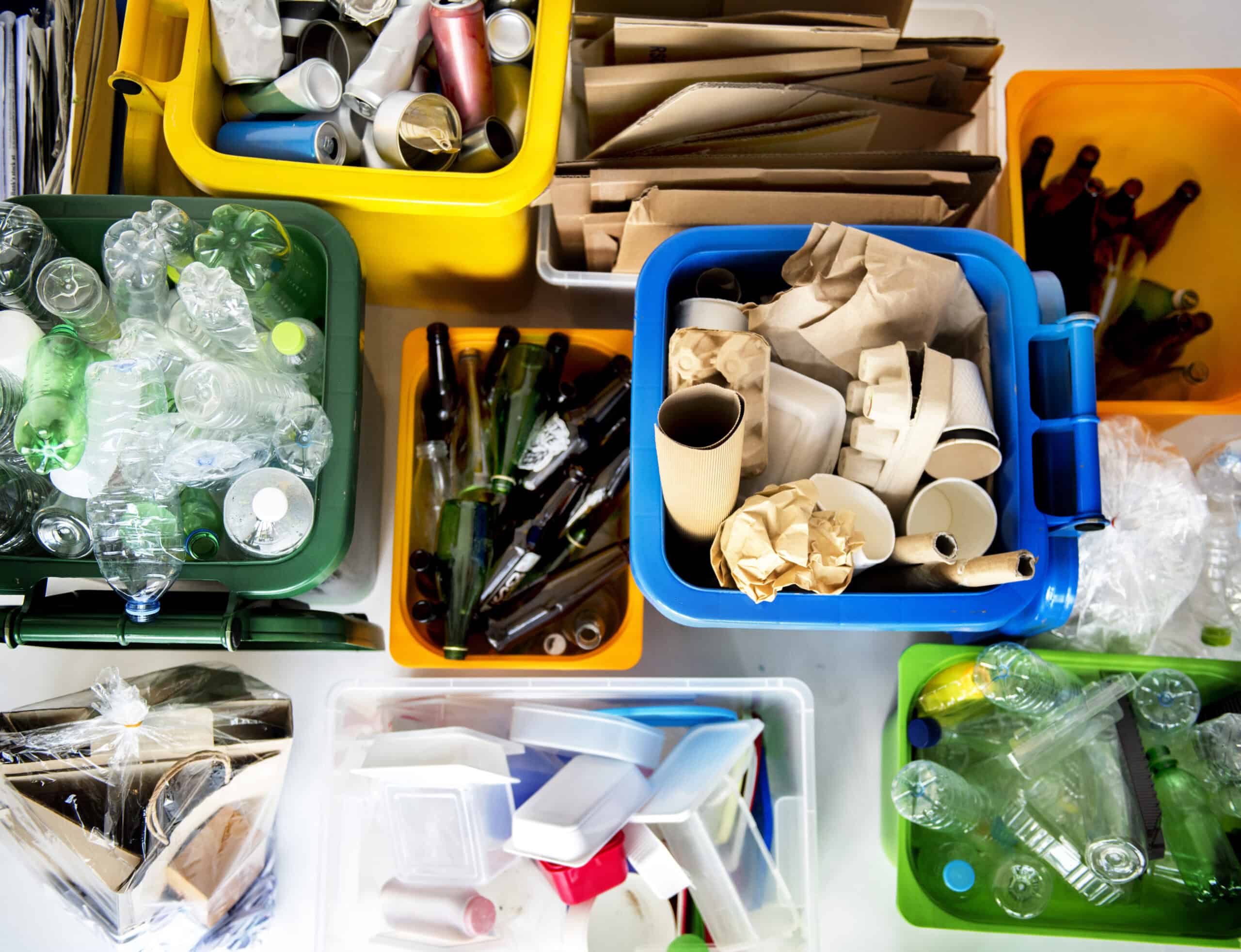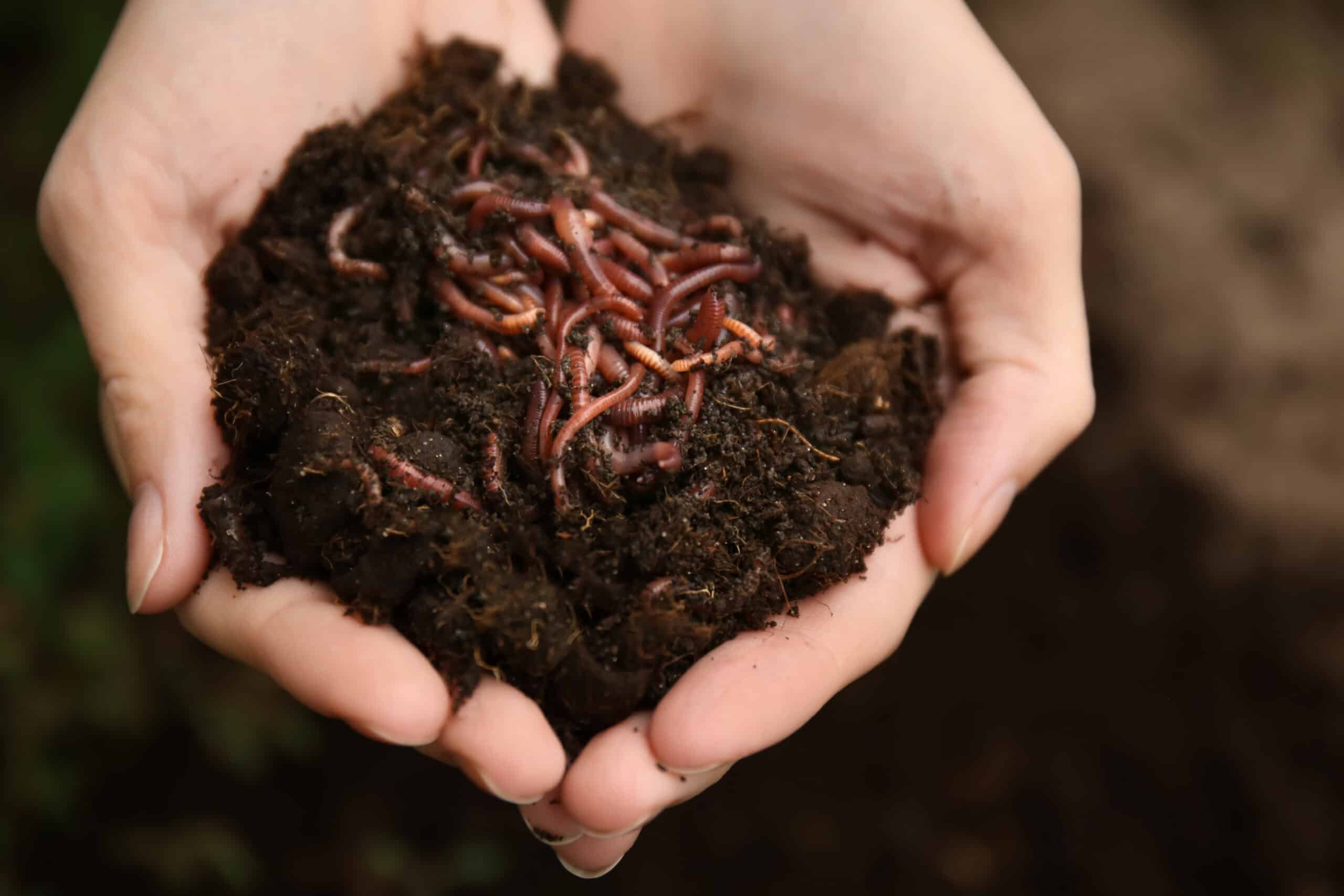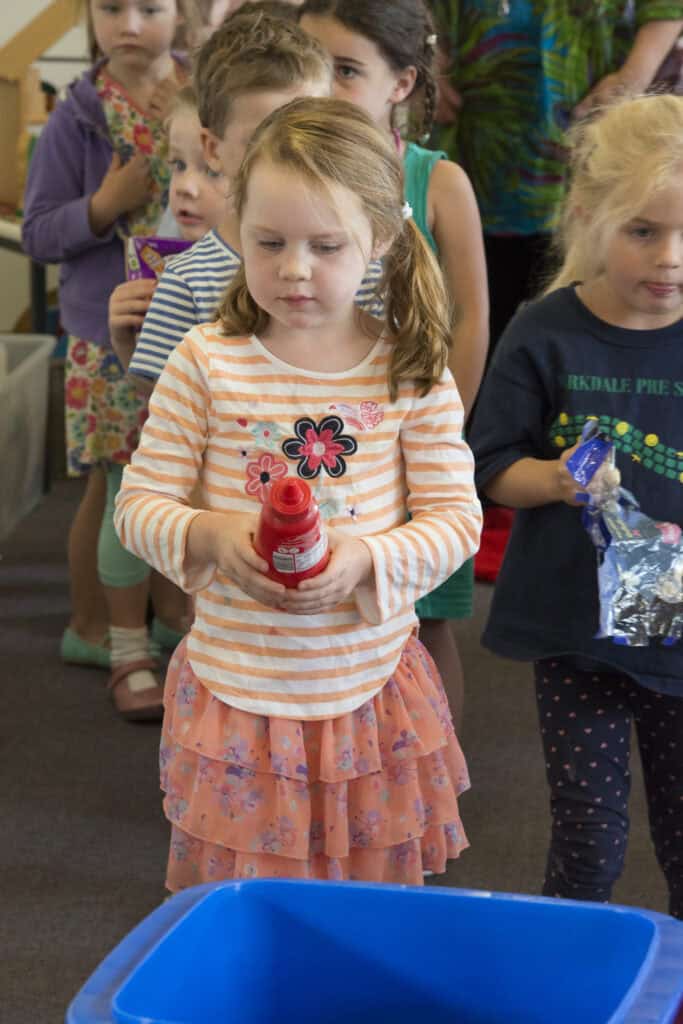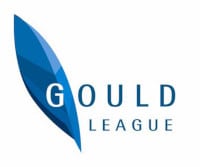Earth Treasures Incursion
-
Sustainability
-
Worms & Compost
-
Waste Minimisation



Check out this short video for program highlights and free council programs on offer.
The world around us contains treasure – not Pirate treasure – but what we call Earth’s Treasures. Everything we will ever need, use or make comes from one of these treasures or natural resources, that are of cause in limited supply.
This program explores these treasures and what we can do to look after them. We embark on a journey of discovery as we explore every day materials such as glass, paper, aluminium, steel and plastic, identify which natural resource they come from and challenge current waste management behaviour at school and home to ensure a sustainable future.
This program can be tailored to suit different levels of understanding, from topic introduction through to topic consolidation.
Program outline and activities
Treasure Chest of Resources
Students examine the treasure chest of resources to uncover Earth’s Treasures – where resources to make our every day items such as food packaging, mobile phones and books come from and how they are recycled. By the end of this module, students will understand that everyday items are derived from natural resources (and what those resources are) which are limited and need to be used wisely.
Recycling Relay, Waste Wise Shopping and Waste Free Lunches
Examine common items and decide which can be recycled and determine which are single use that end up in landfill. We also explore nude food and the 5Rs inverted pyramid (Rethink, Refuse, Reduce, Reuse, Recycle) to identify the various points at which waste can be reduced to help protect Earth’s Treasures for generations to come.
The magical world of Microorganisations and Worms
If you hold a handful of soil, there will be more microorganisms in there than the number of people who have ever lived on the planet. Students are introduced to the importance of healthy soil and how Worms are nature’s recyclers, turning food waste into a valuable resource to provide fertilizer and valuable nutrients to our depleted soils.
Call to Action
Students are empowered to create positive change around waste reduction and our shared environment.
Notes and Inclusions
Certificate and Conservation Code to reinforce learnings
Post event, schools will be issued a Certificate of Participation and Conservation Code for each class which students are encouraged to sign and hang in the classroom as a reminder of their learnings and their commitment to protect the environment.
We encourage schools to connect with us a few weeks or months after school incursions to share behaviour changes made by the students or activities undertaken as a result of their learnings so we can share success stories to inspire others, monitor the ongoing impact of our programs and make relevant updates or changes if required.
Duration: 1.5 hours up to 2 hours
Program timing considerations: Staff require 30 mins set up and 30 mins pack up, 15-minutes between groups to reset activities and a 30-minute break for lunch when more than 2 groups are booked.
What to Provide: Car park, multi-purpose room, floor space, 3 tables, aid or trolley to help carry equipment to deliver program.
Victorian Curriculum Links:
SCIENCE: Science Understanding – Science as a human endeavour
– People use science in their daily lives (VCSSU041)
– Objects are made of materials that have observable properties (VCSSU044)
– Everyday materials can be physically changed or combined with other materials in a variety of ways for particular purposes (VCSSU045)
– Earth’s resources are used in a variety of ways (VCSSU047)
Science Understanding – Biological Science
– Living things things have a variety of external features and live in different places where their basic needs, including food, water and shelter, are met (VCSSU042) recognising common features of animals, for example the anatomy of a worm describing the use of animal body parts for particular purposes, for example, moving and feeding recognising that different living things live in different places and require specific food.
SCIENCE: Science Inquiry Skills – Planning and Conducting & Communicating
– Participate in guided investigations, including making observations using the senses, to explore and answer questions (VCSIS051)
– Represent and communicate observations and ideas about changes in objects and events in a variety of ways (VCSIS055)
GEOGRAPHY: Geographical Knowledge – Places and our connection to them
– Reasons why some places are special and some places are important to people and how they can be looked after (VCGGK069)
The Victorian Curriculum F-10 content elements are © VCAA, reproduced by permission. Victorian Curriculum F-10 elements accurate at time of publication. The VCAA does not endorse or make any warranties regarding this resource. The Victorian Curriculum F-10 and related content can be accessed directly at the VCAA website.
